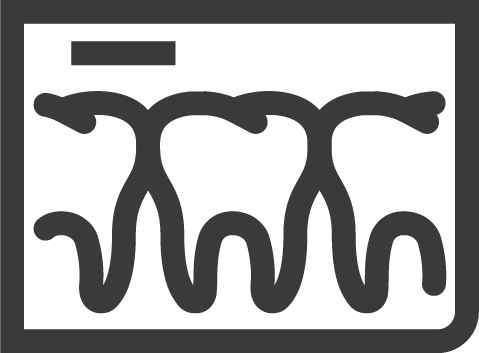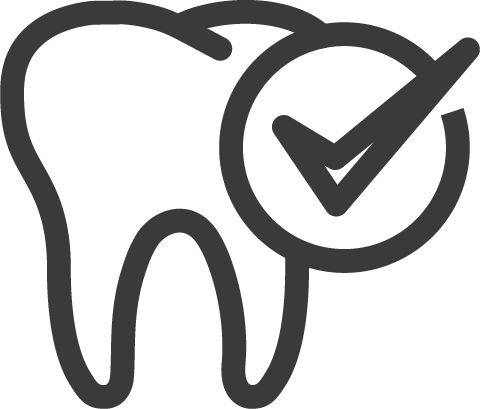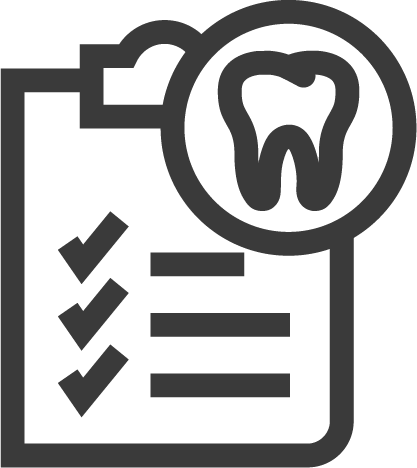Daytime Sleepiness and Fatigue
Sleep apnea and snoring can have a negative impact on an individual's daytime functioning due to disrupted sleep patterns. The repeated pauses in breathing during sleep caused by sleep apnea result in frequent awakenings throughout the night, leading to insufficient restorative sleep. This can impair their productivity at work or school, affect their ability to concentrate, and even diminish their overall quality of life.
Increased Risk of Accidents
Another impact of sleep apnea and snoring is the increased risk of accidents. Due to the fragmented nature of their sleep, individuals suffering from these conditions often struggle with impaired alertness and concentration during waking hours. As a consequence, they are more likely to fall asleep while driving or operating machinery. Such episodes can lead to catastrophic accidents for themselves and also for others.
Cardiovascular Complications
Sleep apnea has been linked to various cardiovascular complications that pose serious health risks if left untreated. The recurrent episodes of oxygen deprivation associated with this disorder put tremendous stress on the heart over time. This strain can increase blood pressure levels, elevate the risk of developing arrhythmias, contribute to the formation of blood clots, and even raise the chances of heart attacks or strokes.
Mental Health Issues
Sleep apnea and snoring can have a detrimental impact on mental health. The constant interruption of sleep due to breathing difficulties can lead to excessive daytime sleepiness, irritability, mood swings, and even depression. Lack of quality restorative sleep affects the ability to concentrate, make decisions, and cope with stress effectively. This can significantly impair an individual's overall cognitive function and emotional well-being.
Impaired Quality of Life
The impacts of sleep apnea and snoring extend beyond mental health issues alone and affect various aspects of daily life. The disruptive nature of these conditions often causes disturbed sleep patterns not only for the person affected but also for their bed partner. This disturbance leads to a significant decline in the overall quality of life as it hampers social interactions, personal relationships, and work performance.
Health Complications
Sleep apnea and chronic snoring are associated with various physical health complications that can further exacerbate the negative impacts on an individual's well-being. These conditions increase the risk for high blood pressure, heart disease including coronary artery disease (CAD), stroke, and diabetes due to insulin resistance caused by poor-quality sleep affecting glucose metabolism regulation. Additionally, untreated obstructive sleep apnea raises the likelihood of developing obesity.







